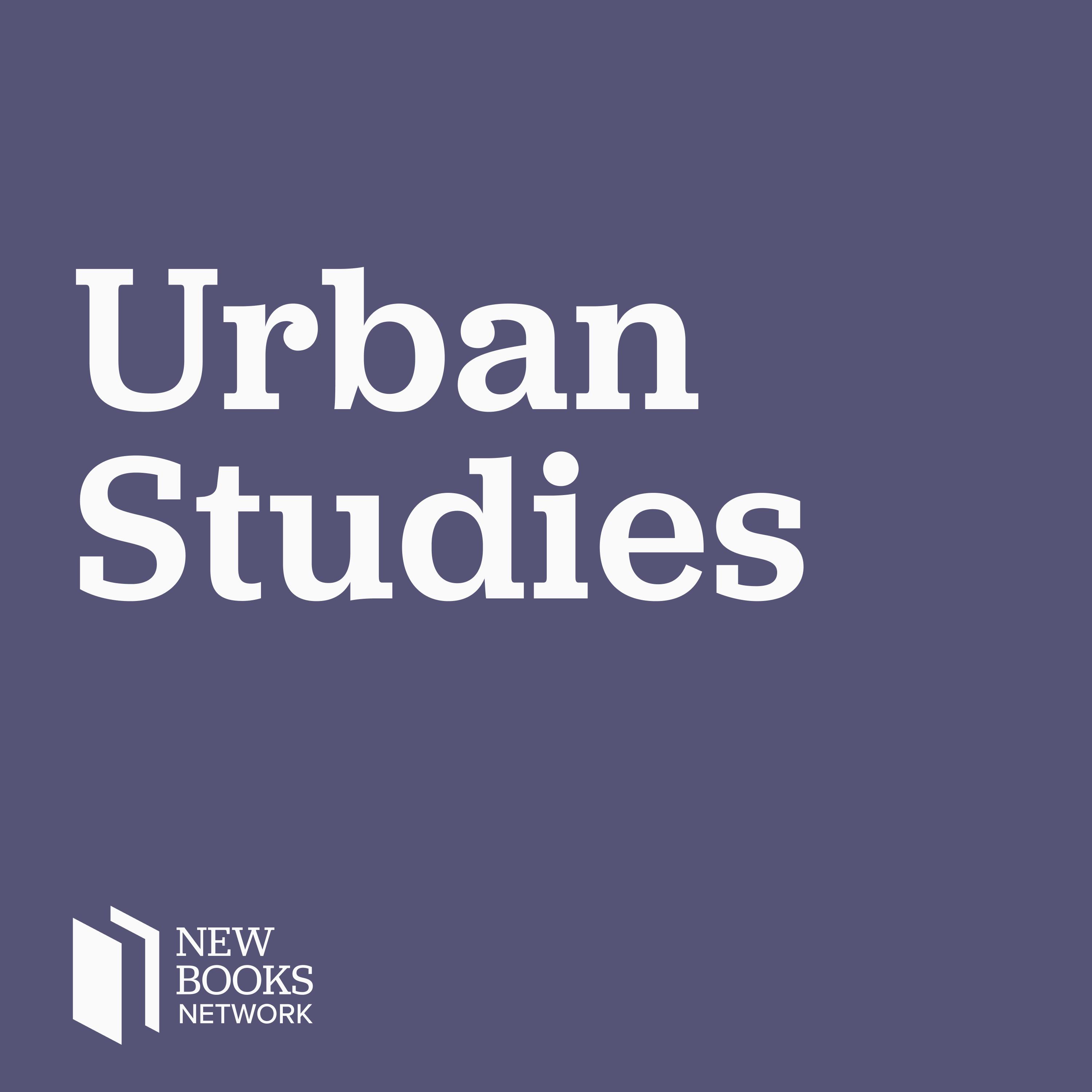Jonathan Shapiro Anjaria, "Mumbai on Two Wheels: Cycling, Urban Space, and Sustainable Mobility" (U Washington Press, 2024)
Description
Mumbai is not commonly seen as a bike-friendly city because of its dense traffic and the absence of bicycle lanes. Yet the city supports rapidly expanding and eclectic bicycle communities. Exploring how people bike and what biking means in the city, Jonathan Shapiro Anjaria challenges assumptions that underlie sustainable transportation planning.Arguing that planning professionals and advocates need to pay closer attention to ordinary people who cycle for transportation or for work, or who choose to cycle for recreation, Mumbai on Two Wheels: Cycling, Urban Space, and Sustainable Mobility (U Washington Press, 2024) offers an alternative to the thinking that dominates mainstream sustainable transportation discussions. The book's insights come from bicycle activists, commuters, food delivery workers, event organizers, planners, technicians, shop owners, transportation planners, architects, and manufacturers.
Through ethnographic vignettes and descriptions of diverse biking experiences, it shows how pedaling through the city produces a way of seeing and understanding infrastructure. Readers will come away with a new perspective on what makes a city bicycle friendly and an awareness that lessons for more equitable and sustainable urban future can be found in surprising places.
In the episode, we make a reference to an essay Jonathan Anjaria wrote for Ethnographic Marginalia. You can read the essay here.
Learn more about your ad choices. Visit megaphone.fm/adchoices
More Episodes
From Broadway to the Bronx: New York City’s History through Song (Intellect, 2024) tells the history of New York City in song across a variety of different genres that the city has been home to and instrumental in developing, covering everything from early twentieth-century sheet music to...
Published 11/25/24
Published 11/25/24
They call it Spanish Harlem or sometimes just El Barrio. But for over a century, East Harlem has been a melting pot of many ethnic groups, including Puerto Rican, Dominican, Cuban, and Mexican immigrants, as well as Italian, Jewish, and African American communities. Though gentrification is...
Published 11/20/24


